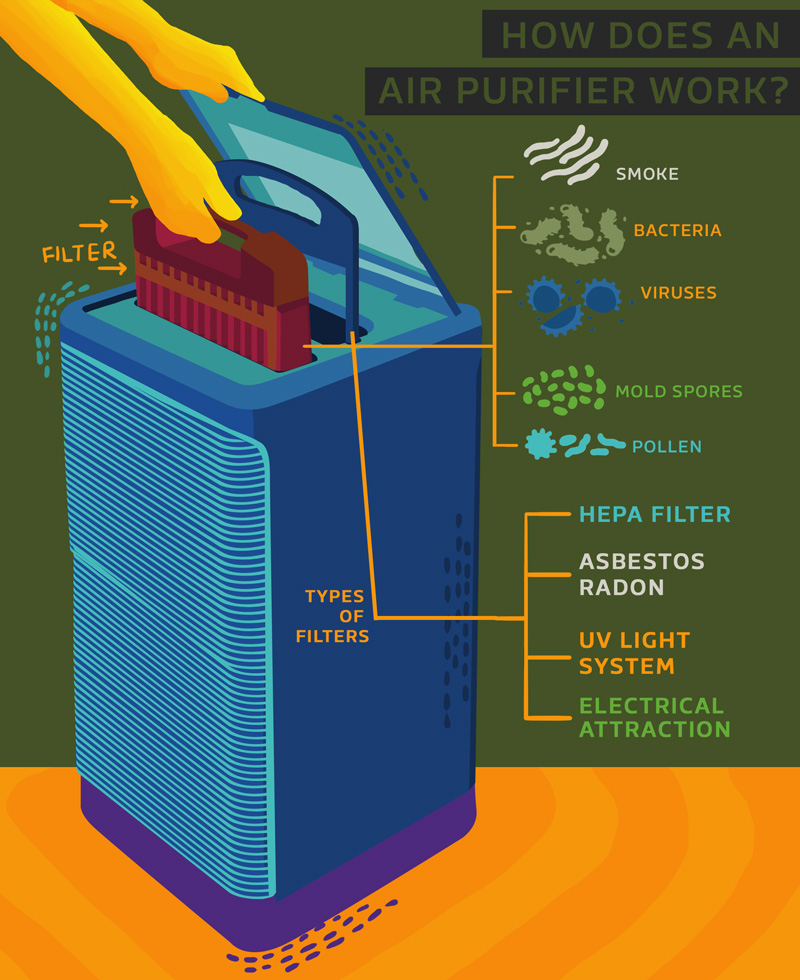The Future Of Home Home Heating - How Heat Pump Innovation Is Advancing
The Future Of Home Home Heating - How Heat Pump Innovation Is Advancing
Blog Article
Post Writer-Fraser MacGregor
Heat pumps will certainly be a crucial technology for decarbonising heating. In a circumstance regular with federal governments' revealed energy and environment commitments, their worldwide capability doubles by 2030, while their share in heating rises to one-quarter.
They function best in well-insulated homes and depend on power, which can be supplied from a renewable power grid. Technological breakthroughs are making them a lot more effective, smarter and cheaper.
Fuel Cells
Heatpump make use of a compressor, refrigerant, coils and followers to relocate the air and heat in homes and devices. They can be powered by solar energy or power from the grid. heat pump specialist christchurch have actually been obtaining popularity as a result of their affordable, peaceful operation and the capacity to create electrical power throughout peak power need.
Some companies, like IdaTech and BG MicroGen, are working on fuel cells for home heating. These microgenerators can replace a gas central heating boiler and produce a few of a house's electrical needs with a link to the electrical energy grid for the remainder.
But there are reasons to be doubtful of using hydrogen for home heating, Rosenow says. It would certainly be costly and ineffective compared to various other innovations, and it would add to carbon discharges.
Smart and Connected Technologies
Smart home innovation enables homeowners to attach and control their devices remotely with using smart device apps. As an example, clever thermostats can learn your home heating preferences and instantly get used to optimize power intake. Smart lighting systems can be managed with voice commands and instantly shut off lights when you leave the area, reducing power waste. And smart plugs can keep track of and manage your electric use, enabling you to determine and restrict energy-hungry home appliances.
The tech-savvy household portrayed in Carina's interview is an excellent picture of exactly how occupants reconfigure room heating techniques in the light of brand-new wise home modern technologies. They count on the tools' computerized functions to accomplish everyday adjustments and regard them as a practical methods of performing their home heating techniques. Because of heatpump installation , they see no factor to adapt their practices better in order to make it possible for adaptability in their home power need, and treatments focusing on doing so may encounter resistance from these households.
install heat pumps
Given that warming homes accounts for 13% of US emissions, a switch to cleaner alternatives could make a big difference. Yet the innovation deals with obstacles: It's expensive and requires comprehensive home renovations. And it's not always compatible with renewable resource sources, such as solar and wind.
Up until just recently, electric heat pumps were also expensive to compete with gas designs in most markets. Yet new advancements in layout and materials are making them more affordable. And much better cold climate performance is allowing them to function well even in subzero temperature levels.
The next step in decarbonising heating may be the use of warm networks, which attract heat from a central resource, such as a close-by river or sea inlet, and distribute it to a network of homes or structures. heat pump cost would reduce carbon exhausts and allow homes to make use of renewable resource, such as environment-friendly electricity from a grid provided by renewables. This alternative would be less expensive than switching over to hydrogen, a fossil fuel that requires new infrastructure and would just lower CO2 exhausts by 5 percent if coupled with boosted home insulation.
Renewable resource
As electricity rates drop, we're beginning to see the very same pattern in home heating that has actually driven electric automobiles right into the mainstream-- but at an also much faster speed. The strong climate situation for electrifying homes has actually been pressed even more by brand-new research.
Renewables make up a substantial share of contemporary heat intake, however have actually been given minimal plan attention around the world compared to various other end-use industries-- and also much less focus than power has. Partially, this reflects a mix of consumer inertia, divided incentives and, in many countries, aids for fossil fuels.
New technologies might make the change much easier. As an example, heat pumps can be made much more energy reliable by replacing old R-22 refrigerants with brand-new ones that do not have the high GWPs of their precursors. Some professionals additionally visualize district systems that draw heat from a nearby river or sea inlet, like a Norwegian arm. The warm water can after that be made use of for cooling and heating in a community.